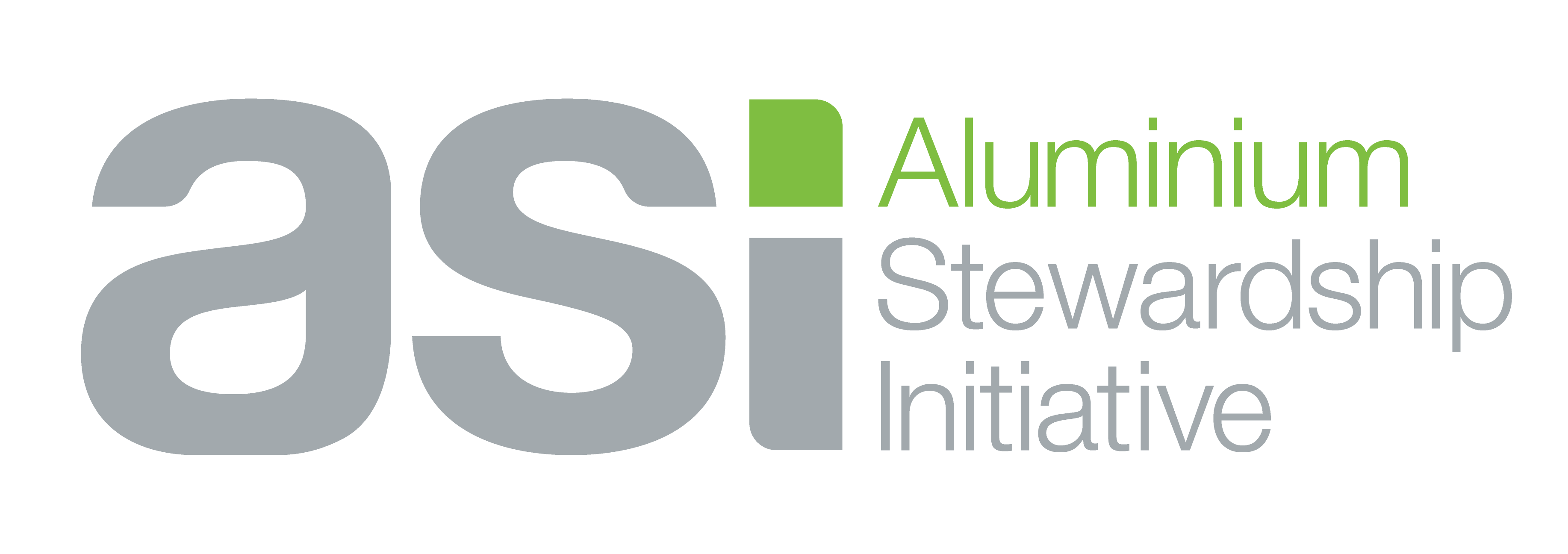

PanAsialum Holdings Company Ltd. has achieved ASI Performance Standard V3.1 (2023) for remelting and casting, extrusion, fabrication, powder-coating, anodising, die making, and CNC processes for the production of aluminium ingots at PanAsia Enterprises (Nanyang) Co. Ltd. in China.

Aluminium Stewardship Initiative (ASI) today announced that PanAsia Enterprises (Nanyang) Co., Ltd. has been certified against the ASI Performance Standard V3.1 (2023). The Entity has an annual processing capacity of 160,000 tonnes of aluminium rods, 150,000 tonnes of extruded materials, 50,000 tonnes of aluminium profiles and 24,000 tonnes of powder-coated materials, along with 30 million precision aluminium parts. Its products are supplied to sectors including electronics, photovoltaic systems, rail transit, automotive, shipbuilding, medical equipment and construction.
Also Read: Maxion Wheels & Terra Firma successfully launch new solar project in South Africa
The ASI Certification program was developed through an extensive multi-stakeholder consultation process and is the only comprehensive voluntary sustainability standard initiative for the aluminium value chain. The ASI Performance Standard V3 (2022) was launched in May 2022 following a multi-year revision process. It defines 11 principles and 62 criteria under three sustainability pillars – Environment, Social, and Governance – with the aim to address pressing sustainability issues in the aluminium value chain, such as biodiversity, Indigenous Peoples’ rights, circularity, and greenhouse gas emissions.
The independent, third-party audit of PanAsia Enterprises (Nanyang) Co. Ltd. was carried out by SGS-CSTC Standards Technical Services. A full listing of audit findings is available in the summary audit reports, linked below. Three minor non-conformances were noted under Criteria 4.1b-c Environmental Life Cycle Assessment - Disclosure, 5.1a-b Disclosure of GHG Emissions and Energy Use and 6.3a-g Assessment and Management of Spills and Leakages. PanAsia Enterprises (Nanyang) Co. Ltd. will be implementing corrective actions, to be verified in a follow-up audit.
Note: This article has been issued by ASI and has been published by AL Circle with its original information without any modifications or edits to the core subject/data.
Responses








